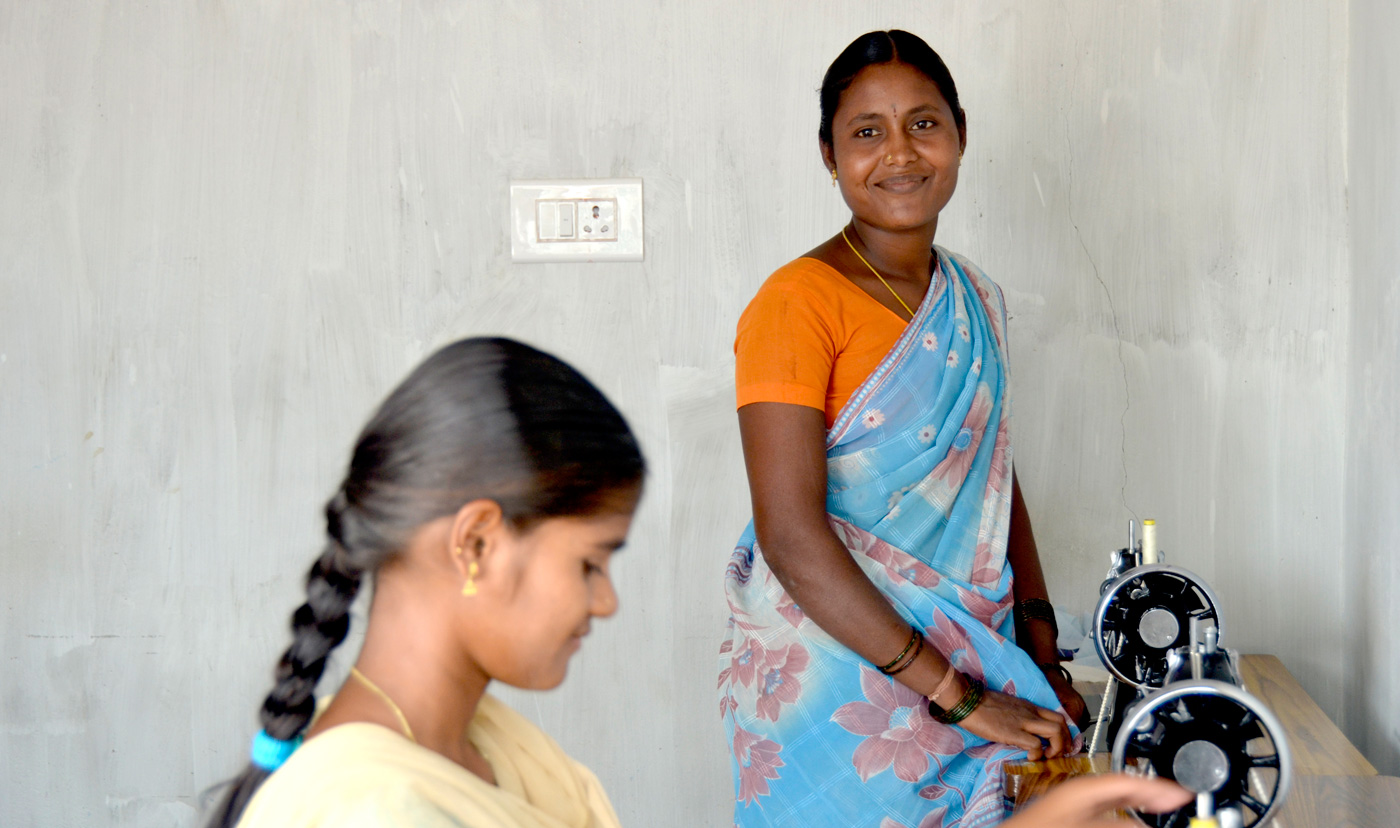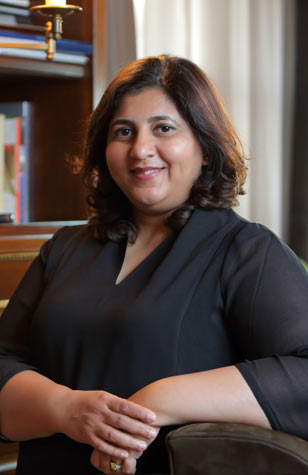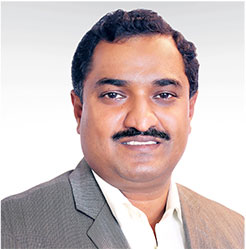By Joseph Sebastian, Head Faizal and Shabana Foundation
28-year old Deepa, was keen to study further after she passed high school, but was married off at the age of 18. Her parents believed that a woman should be confined to the home and domestic duties. Deepa was married to Chinnakannan, 11 years her senior. He hailed from Periyapulivarisai which belongs to Ennegollu panchayat, Krishnagiri District. Incidentally, this is one of the villages where the Faizal and Shabana, Krishnagiri Development Project is being implemented.
Despite her deep desire to study further, her family and husband’s family were not supportive of this dream. Deepa says, “My parents wanted to fulfill their responsibility of marrying me off – which stopped my studies. In my husband’s family, no one was willing to send me for further studies. Though I have talent, no one helped me or gave me space to prove myself. Thus, I was forced into the mundane household activities with limited access to the world outside.” Deepa is now a mother of three children – Swathi, Shalini and Harichandran who are studying in the classes 5th, 3rd and kindergarten. Speaking to us in a dejected voice, she remembers, “I was supposed to be in the house and take care of my family and house hold chores only. I could not go out like some of the other women.”
She says that she is forced to be dependent on her husband for everything. She believes that having a job and an income means freedom, both financially and socially.
Deepa met the Faizal and Shabana Foundation team, who urged her to join the tailoring course. She was initially reluctant but with repeated encouragement, she obtained her husband’s permission to begin the course.
Deepa was part of the first batch of the Faizal and Shabana Foundation tailoring course, which commenced in July 2016. She was also part of the reproductive health awareness classes. It was the first time in her life that she understood the basics of the human reproductive system. She actively participated in the legal and gender rights awareness sessions as well. Six months after her training, Deepa is now the leader of the local women’s group and supports the foundation in all their programmes at district level.
“I knew nothing about tailoring, before joining the course”, says Deepa. “But now I earn well from stitching clothes. I bought a new sewing machine and it is very helpful for stitching clothes for my family members. I also work from home as a tailor and earn Rs.6500/- and now, I can buy whatever I want”, she adds with excitement. Proud and confident, she further shares, “Now I am not dependent on my husband.
The earning I make is additional for the family and I am saving money after all the expenses. This makes my husband happy too.”




